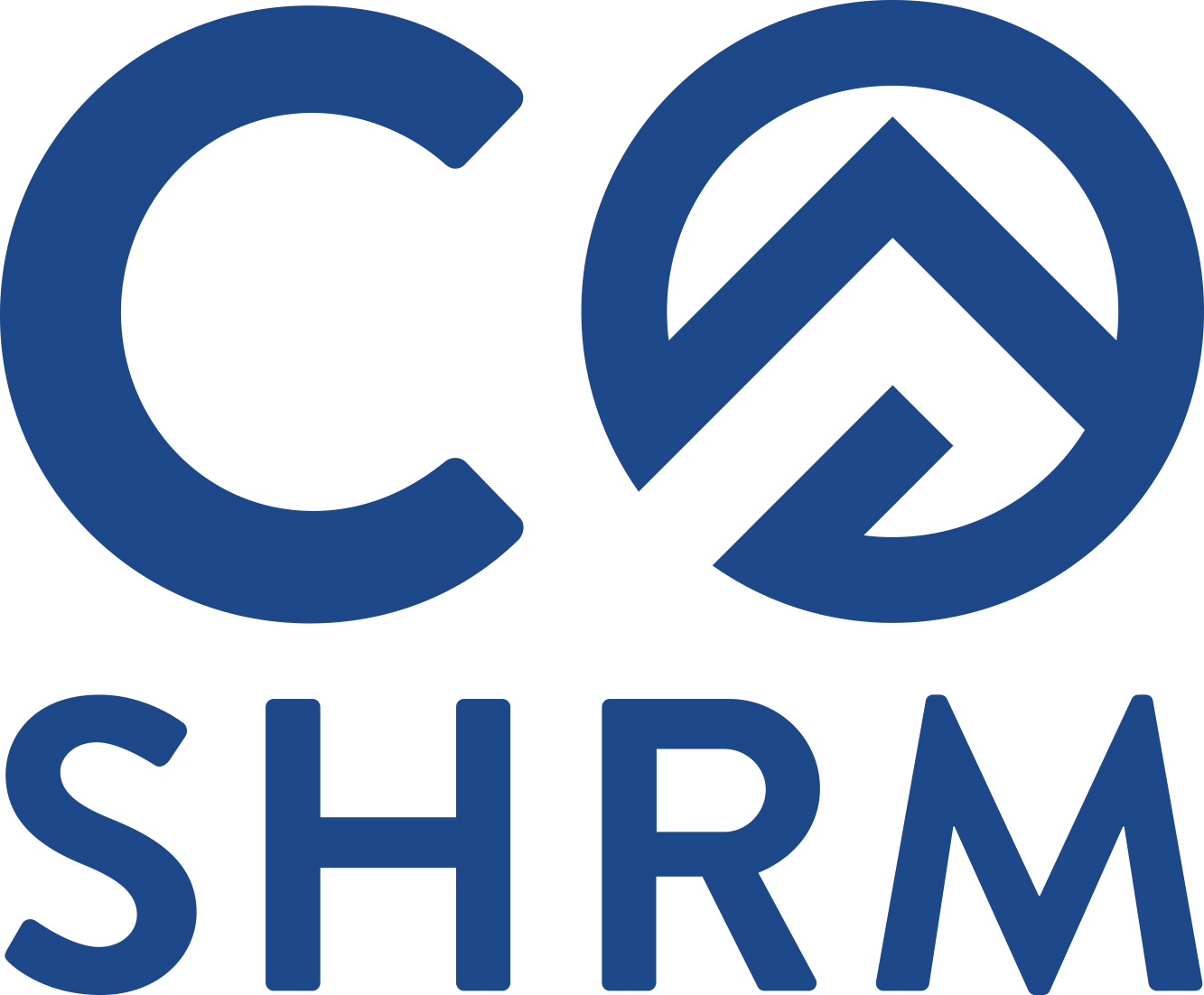Colorado SHRM Opposes Paid Medical and Family Leave Ballot Initiative
By Colin A. Walker, Fairfield and Woods, P.C.
 After careful consideration and thorough discussion, on September 17, 2020, the Colorado SHRM (COSHRM) Board of Directors voted to oppose Proposition 118, the “Paid Medical and Family Leave Initiative.”
After careful consideration and thorough discussion, on September 17, 2020, the Colorado SHRM (COSHRM) Board of Directors voted to oppose Proposition 118, the “Paid Medical and Family Leave Initiative.”
While the Board is not necessarily opposed to state family and medical leave legislation, it felt that this bill would be unduly burdensome on small businesses and larger employers with operations across the country in terms of compliance, operations, procedures and financial impacts. In addition, the inconsistencies with the Federal FMLA may complicate compliance for all employers. The language of the bill is vague in several respects, which could lead to confusion, liability for well-intentioned employers who do not understand its requirements, and litigation. Legislation that creates additional monetary and compliance burdens for employers and employees is not what we believe is in the best interest of Colorado employers and workers. Currently, the economy is struggling, many Coloradoans are still unemployed, and this may stifle efforts to recover from the Coronavirus pandemic and Colorado has already enacted the Colorado Healthy Families and Workplaces Act, a law focused on paid sick leave.
COSHRM believes that the bill could be improved by adopting provisions that make requirements clearer and more understandable, and less burdensome on small employers. This might include:
- An exemption for small employers with less than 15 employees, who cannot realistically be expected to comply with a complicated regulatory scheme.
- Clear definitions for key terms such as the definition of “family,” which currently includes “any individual with whom the person has a significant personal bond that is like a family relationship”.
- Language which tracks the federal FMLA, with which most HR practitioners are familiar, and which has been discussed in case law and scholarly materials.
Similar laws have been proposed in the Colorado Legislature in recent years but have not passed. In 2019, both the house and senate were controlled by a single party. The controlled leadership in the Legislature and Governor Polis both vowed to pass paid family and medical leave legislation in 2019 and the “FAMLI” bill was introduced. At that time, COSHRM opposed the bill for similar reasons to the ones discussed above. FAMLI failed to pass and, instead, a study was commissioned.
At the beginning of the 2020 Legislative session, the majority party again vowed to pass paid family and medical leave legislation, but a bill was not introduced in the truncated 2020 legislative session. However, the Legislature did pass the Healthy Families and Workplaces Act (“HFWA”), which will require employers, regardless of size, to provide up to 48 hours of paid family and medical leave and up to 80 hours per year for issues related to a “public health emergency.” With FAMLI’s failure to pass and believing that HFWA did not go far enough, supporters of paid leave legislation decided to propose it as a ballot initiative. As a result, it will now be on the ballot this November.
COSHRM believes that a ballot initiative is the wrong way to enact such complicated and important legislation. Paid family and medical leave legislation should be carefully studied by our elected representatives who have more time and resources to consider it, can debate it in legislative committees, and can propose and vote on amendments. A ballot initiative is a take-it-or-leave it proposition for voters who do not have these resources. This law must be carefully considered by our elected representatives, whose job it is to do just that.
This November, each voter is going to have to decide whether Proposition 118 is a good idea. COSHRM urges all HR professionals, business owners, executives, managers, resource providers and others who deal with HR issues—and the voting public—to carefully consider Proposition 118, and the burdens and consequences which are likely to result from it.
More information can be found on the Secretary of State's website and Ballotpedia.org.
Questions? Contact COSHRM's Legislative Director, Colin Walker.




